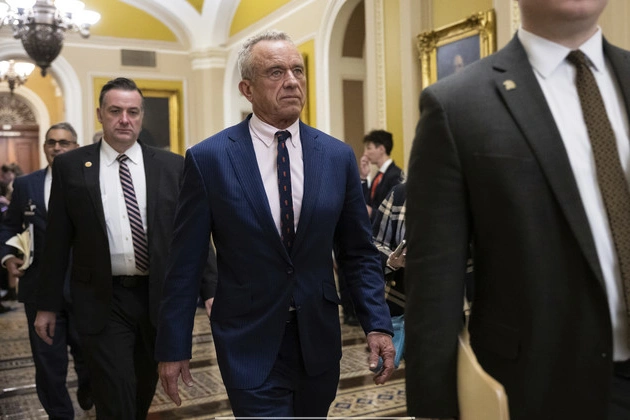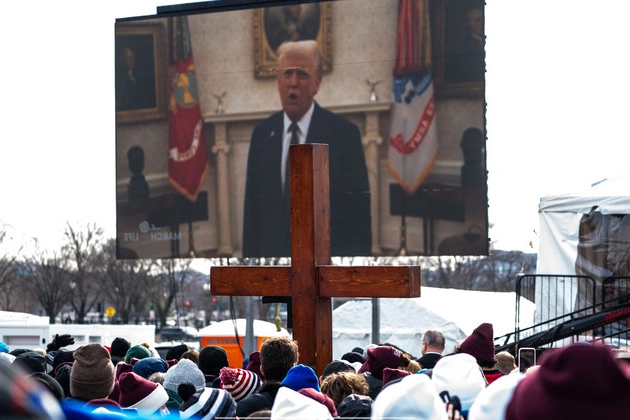
RFK Jr. Considers Seizing Drug Patents: A Progressive Approach to Lower Drug Prices
Robert F. Kennedy Jr. recently expressed openness to adopting a key progressive proposal aimed at lowering drug prices. During a closed-door meeting with Senate Finance Committee staffers, Kennedy hinted at considering the government’s authority to seize the patents of high-priced medicines from manufacturers and share them with other drug makers to drive down costs.
The Progressive Proposal
This approach, favored by progressive Democrats, involves using executive powers to take certain drug patents developed using taxpayer money and licensing them to other manufacturers. The goal is to introduce greater competition for some of the most expensive prescription drugs currently shielded by patents.
Kennedy’s willingness to entertain such ideas, especially ahead of his confirmation hearings on the Hill, has raised eyebrows among conservatives skeptical of his Democratic background. While Kennedy lacks extensive health policy experience, his alignment with liberal senators like Elizabeth Warren and Bernie Sanders on controlling drug prices marks a significant departure from traditional Republican health care principles.
It remains unclear whether Kennedy formally endorsed these proposals, which rely on leveraging the government’s ‘march-in’ rights and compulsory licensing authority. His remarks, made during a Q&A session with staffers, signal a potential shift in the discourse surrounding drug pricing.
Political Backlash
The Biden administration previously acknowledged the legality of march-in rights in 2023 under pressure from Warren and Sanders. However, the administration stopped short of actively promoting the use of such powers or identifying specific drugs for intervention, drawing criticism from Republicans at the time.
Senator Bill Cassidy, a vocal critic, condemned the Biden administration’s stance on march-in rights, denouncing it as a threat to American health care innovation and potential life-saving treatments. Cassidy’s pivotal role in Kennedy’s confirmation process adds a layer of complexity to the ongoing debate.
Trump’s Stance and Policy Shifts
Contrastingly, former President Trump’s approach to drug pricing has seen various shifts. While his initial campaign promised to tackle exorbitant drug costs, subsequent executive orders and policy decisions yielded mixed results. Trump’s recent repeal of a Biden-era executive order on drug pricing without a clear alternative strategy has reignited the discourse on affordable medication.
Democrats swiftly capitalized on Trump’s policy reversal, accusing him of favoring pharmaceutical companies at the expense of consumers. The vacuum created by Trump’s actions allowed Democrats to highlight the pressing issue of high drug prices, resonating with the public’s concerns.
The Path Ahead
As the dialogue on drug pricing continues to evolve, the prospect of seizing drug patents emerges as a bold strategy with far-reaching implications. Whether this approach gains traction and reshapes the landscape of pharmaceutical pricing remains to be seen.















